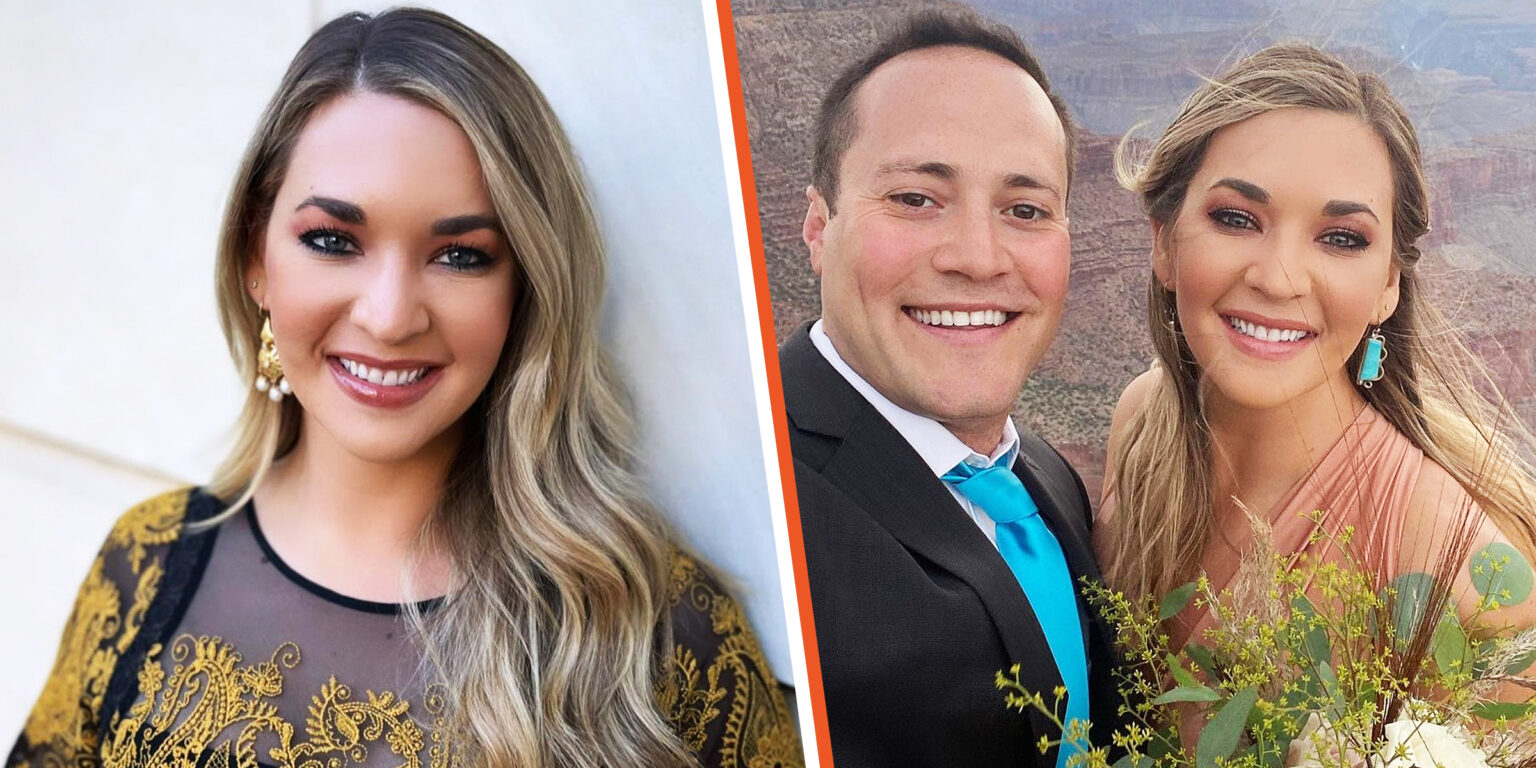Gavy Friedson is a notable figure in emergency management globally, with a career spanning over a decade dedicated to saving lives and enhancing emergency response systems. Born in the United States and relocating to Israel, Friedson brings a unique blend of international insight and a staunch commitment to public service. Known not only for his professional contributions but also as the spouse of prominent American commentator Katie Pavlich, Gavy Friedson’s life story showcases his relentless dedication and passion for making a substantial difference in the world of emergency services. This introduction aims to delve into his evolution from a young volunteer to a leader in the global emergency response sector.
Gavy Friedson’s Early Life and Education
Gavy Friedson was born on December 30, 1988, in Boca Raton, Florida, but his life took a significant turn when his family moved to Israel as part of a Jewish tradition called Aliyah. This move not only marked a new chapter in his personal life but also shaped his future professional path in emergency services. Friedson’s early exposure to diverse cultures and his education in Israel fostered a deep understanding of international humanitarian needs. He pursued higher education at the Interdisciplinary Center Herzliya, where he earned his Bachelor’s degree in Communication and Media Studies, followed by a Master’s degree in Public Health from Tel Aviv University, focusing on emergency and disaster management. This educational background equipped him with the knowledge and skills to navigate complex emergency situations effectively.
Gavy Friedson’s Career in Emergency Services
From a young age, Gavy was drawn to emergency services, beginning his journey at just 15 years old when he became a volunteer medic. His early experiences with emergency response during critical situations, including terrorist attacks, solidified his commitment to this challenging field. His professional career formally started with his role at United Hatzalah of Israel, where he quickly advanced through the ranks due to his dedication and skill. As the Director of International Emergency Management and a Global Ambassador, Friedson has been instrumental in shaping the organization’s global outreach and emergency response strategies. His work not only involves direct emergency response but also strategic planning and international cooperation to enhance the efficacy of emergency services worldwide.
Contributions to Global Emergency Management
Gavy Friedson’s impact on global emergency management has been profound. He has played a pivotal role in expanding the operational reach of United Hatzalah beyond Israel, bringing innovative emergency response techniques and systems to countries grappling with natural disasters and medical crises. His leadership was particularly notable during international missions, such as the quick deployment of aid in the aftermath of hurricanes in the United States. Friedson’s approach often involves integrating advanced technologies and methodologies to enhance response times and effectiveness, setting new standards in emergency management that are replicated globally.
Gavy Friedson and Katie Pavlich: A High-Profile Marriage
In personal life, Gavy Friedson is married to Katie Pavlich, a well-known conservative commentator and author. Their marriage has not only been a union of two public figures but also a partnership that supports each other’s professional endeavors. Pavlich often uses her platform to highlight the importance of emergency preparedness, a cause close to Friedson’s career. Their relationship brings together two influential spheres—media and emergency management—creating a powerful synergy that amplifies their impact on public awareness and safety.
Gavy Friedson’s Media Appearances and Public Speaking
Gavy Friedson’s expertise in emergency management has made him a sought-after speaker and media personality. He frequently appears on television and at conferences to discuss the importance of quick and efficient emergency response. His speeches often include personal anecdotes from the field, offering insights into the realities of emergency situations that are both educational and deeply moving. These appearances are crucial in educating the public about the complexities of emergency responses and the continuous need for innovation and support in this vital sector.
Read More: rhonda worthey
Innovations and Future Directions in Emergency Management
Looking to the future, Gavy Friedson is committed to driving innovation in emergency management. His focus is on developing new technologies and systems that can further reduce response times and improve the efficiency of emergency medical services. Friedson is actively involved in research and development projects that explore the use of artificial intelligence and mobile technology in emergency scenarios. His vision is to create a more interconnected and responsive global emergency management network that can better predict, respond to, and manage disasters and medical emergencies.
How Gavy Friedson Inspires Others in the Field of Emergency Response
Gavy Friedson serves as an inspiration to many in the emergency services field. Through his dedication and achievements, he demonstrates how commitment to service and continuous learning can lead to significant improvements in emergency response. Many young professionals and volunteers in the field look up to him as a role model, drawing inspiration from his career trajectory and his personal ethos of service above self. Friedson’s influence extends beyond the immediate impact of his work, as he mentors the next generation of emergency responders, ensuring that his legacy of innovation and compassion in emergency management continues.
Conclusion: The Legacy of Gavy Friedson in Emergency Management
In conclusion, Gavy Friedson’s legacy in emergency management is marked by his profound dedication to improving emergency response systems worldwide. His journey from a volunteer medic to a global leader in the field exemplifies a life dedicated to service, innovation, and global cooperation. As he continues to influence the field of emergency management, his work remains crucial in shaping how societies prepare for and respond to emergencies, making a lasting impact on global safety and health.


